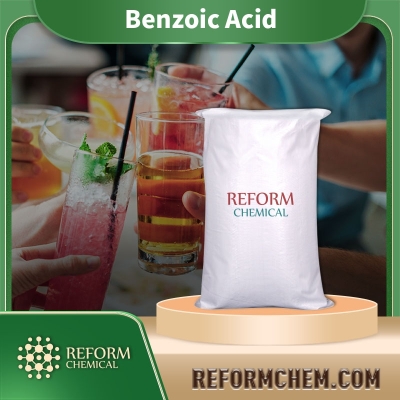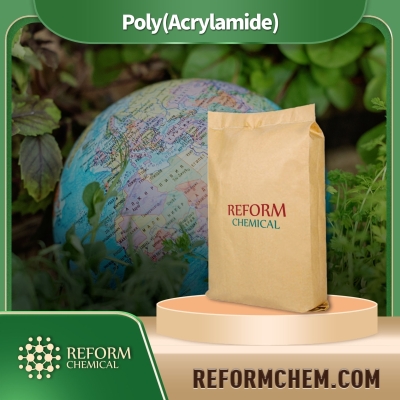FDA Proposes Ban on Brominated Vegetable Oil Due to Health Risks
The Food and Drug Administration (FDA) has recently proposed a ban on the use of brominated vegetable oil (BVO), a food ingredient commonly found in certain beverages like Gatorade and Mountain Dew. BVO has been gradually phased out by many large beverage brands due to its potential health risks, including liver, heart, and brain damage. The FDA's proposal comes after studies in rodents revealed the ingredient's toxicity to the thyroid, a gland responsible for regulating blood pressure, heart rate, and metabolism.
BVO is a food additive used primarily to prevent the separation of ingredients in fruit-flavored sports drinks and sodas. It contains bromine, an element also found in flame retardants. While major brands such as Coca-Cola and Pepsi have already eliminated BVO from their products, it can still be found in smaller grocery store brands and some regional beverages like Sun Drop.
The European Union and Japan have already banned the use of BVO in food and drinks, and California recently became the first U.S. state to outlaw the ingredient through legislation signed by Governor Gavin Newsom.
The FDA's decision to propose a ban on BVO is based on studies indicating potential harm to the thyroid, as well as previous research suggesting adverse effects on the liver, heart, and neurological function. Although the FDA had removed BVO from the list of substances considered "Generally Recognized as Safe and Effective" in 1970, it continued to allow its use on an "interim" basis.
The FDA is now accepting public comments on the proposed rule until January 17. If approved, beverage manufacturers will have at least one year to reformulate or relabel their products before the ban is enforced.
In addition to BVO, the FDA is also reevaluating the potential cancer risk associated with red dye No. 3, a synthetic food coloring that was included in California's recent ban on food additives.
The proposed ban on BVO by the FDA highlights the growing concerns over its potential health risks and aims to ensure the safety of consumers.
Looking for chemical products? Let suppliers reach out to you!
-
Food & Nutrition Industry Overview
The magazine has been officially published in September 2024 and has been issued at Fi Asia Indonesia 2024. It can be downloaded online permanently. It not only provides comprehensive information on the Southeast Asian food market, but also provides overseas readers with the opportunity to understand and track the market dynamics and trends of Chinese food ingredients and get to know outstanding Chinese companies. We sincerely invite you to make full use of the influence of the journal to promotPublished in: Sep. 2024
Trade Alert
Delivering the latest product trends and industry news straight to your inbox.
(We'll never share your email address with a third-party.)
Related News
-
FDA Proposes Nationwide Ban on Brominated Vegetable Oil (BVO) in Food Additives, Continues Safety Assessment of Chemicals
-
FDA to Nationwide Ban Brominated Vegetable Oil (BVO) in Food
-
Mediterranean umami powder can reduce sodium by 40%
-
Export of sorbitol increased significantly in January and February 2020
-
Crop production in Bolivia has fallen for the second year in a row due to drought
-
Roman Chinese food 'black workshop' was reported, bird shit can be seen everywhere, black workers were sent to the police
-
Probiotic sales soar in the epidemic, the future trends are unpredictable
-
Floral fragrance continues to be popular this summer
-
The difference between vegetable protein drinks, vegetable milk, and milk
-
Fujian: Ten Measures to Stabilize Pig Production and Guarantee Market Supply
Recommend Reading
-

Proposed Revision of Maximum Residue Limits for Agricultural and Veterinary Chemicals in Australia
-

Brazil Introduces Regulations for Cephalopod Products: Characteristics and Quality Standards
-

Brazil Introduces Product Characteristics and Quality Standards for Beverages and Related Products
-

Vitamins: The willingness of downstream purchases is flat, and the market wait-and-see sentiment is obvious
-

Can sugar-free foods really lose weight?
-

In July, the PMI of Caixin China's service industry dropped to 51.6
-

L'Oreal Invests in Longevity Skin Care Brand Timeline
-

Common keywords of Dow, LG, Wanhua and other new projects: carbon neutral
-

BASF Issues €2 Billion in Corporate Bonds
-

China's first modern coal chemical pilot plant was put into operation











